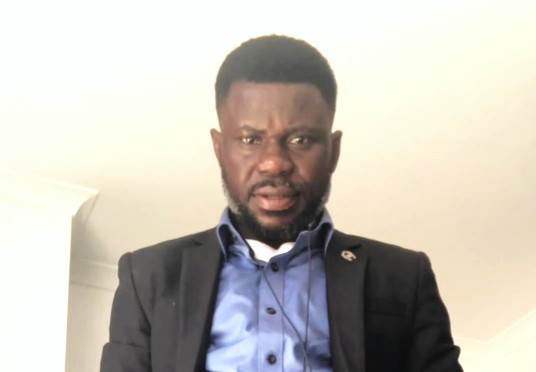In a bid to address the multifaceted challenges plaguing education in Nigeria, an academician, Mr. Ubong Inwang has called for improved transparency and accountability, stressing that corruption within the nation’s educational sector will continue to foster poverty, inequality and mediocrity if left unchecked.
Inwang made this assertion during a chat with newsmen recently as he warned that corruption in education creates a cycle of mediocrity and inequality.
His words: “When resources are siphoned away, schools and universities cannot provide quality education. Students from disadvantaged backgrounds suffer the most, as they rely on public institutions for affordable education to transform their fortunes. Consequently, these unfortunate individuals fail to get proper education and end up in a medicore stage for life or delve into crimes.
“On the other hand, equitable utilization of resources for school infrastructure, scholarships, staff welfare, strengthens the educational system and by extension other aspects of the nation’s economy.
“Therefore, transparency should guide decision-making processes in the sector such as staff promotions, project bidding, and fund distribution, among other germane issues often disrupted by corruption, favoritism and nepotism.”
Meanwhile, Inwang also posited that there is a need for proper frameworks that protect activists, unions, and whistleblowers who expose corruption as these categories of individuals should not have to face intimidation, suspensions, or wrongful arrests.
“Whistleblower protections laws must safeguard activists, staff, and students who expose corruption. Universities and schools generally should adopt democratic governance structures where staff, students, and stakeholders have a voice in decision-making”, he remarked.
Inwang, however, encouraged the federal and state governments to prioritize the education sector by honouring the United Nations Education and Socio-Cultural Organization, UNESCO stipulation that a nation should allocate 26% of its total budget to the education sector.
Proffering solutions to the bane of inadequate funding, he remarked that there is a need to explore innovative approaches for the establishment and maintenance of core educational infrastructure.
“Some of these approaches could be via joint ventures, public-private partnerships, concessioning, Corporate Social Reponsibility, CSR projects, alumni association projects, among others. All viable approaches that can lead to infrastructure development that aid educational advancement should be explored to ensure that schools and universities can function effectively and equitably.
“This responsibility rests on the Vice Chancellors and management teams of respective academic institutions to ensure that they fully maximize their networks including former students, companies within the academic institution’s community, organizations with unique interests in related faculties like top medical organizations sponsoring medical laboratories, etc”, Inwang said.
Noting the unemployability of many Nigerian graduates, he suggested that approaches to learning in tertiary institutions should ensure that there is a synergy between town and gown.
“This means that the education system is producing graduates that understand the nuances and problems in the actual field and these graduates are coming out as solution providers. This should be the norm across the nation’s varisties if the country will have graduates that are ready for the marketplace as employable workers or entrepreneurs”, he argued.
Photo: Mr. Ubong Inwang.
Send your press invite, news, press releases/articles to augustinenwadinamuo@yahoo.com. Also, follow us on Twitter @PrimetimeRepor1 and on Facebook on facebook.com/primetimereporters or call the editor on 07030661526.

